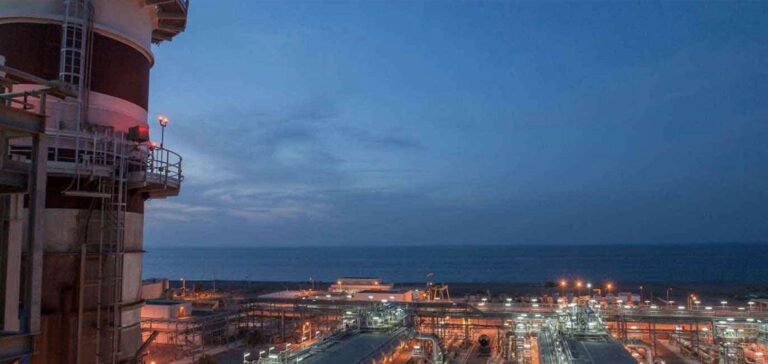ACWA Power announces the financial close of the $12 billion IGCC Joint Venture in Saudi Arabia. The project is a joint venture between AramcoACWA Power, Air Products and Air Products Qudra.
ACWA Power announces financial close of its IGCC project
ACWA Power, today announced the financial close of its integrated gasification combined cycle project at Jazan combined-cycle gasification project.
L’entreprise se spécialise dans l’investissement et l’exploitation d’usines de production d’électricité, d’eau dessalée et d’hydrogène vert.
The joint venture will complete commissioning and begin operating the plant to supply electricity and hydrogen.
Plant services will supply theAramco refinery à Jazanas part of a 25-year contract with the company.

Largest project financing agreement in the company’s history
Financial close of the Jazan took place on October 18, 2021.
Local, regional and international banks and financial institutions raised $7.2 billion.
Certain aspects of the limited recourse project financing involve the participation of the Saudi Industrial Development Fund (SIDF).
In addition, the transaction is the largest project financing agreement in ACWA Power’s history.
Tripartite alliance between Aramco, Air Products and ACWA Power
Located in JazanThe IGCC plant in Saudi Arabia is the largest of its kind in the world.
The JV has purchased Aramco gasification facilities, gas cleaning, utilities and energy assets.
The joint venture owns and operates the facility under a 25-year contract for a fixed monthly fee.
Saudi Aramco supplies raw materials to the joint venture produces; electricity, steam, hydrogen and other utilities for Aramco. The latterthrough its subsidiary Saudi Aramco Power Companyholds a 20% stake in the joint venture.
The other members share the joint venture as follows: Air Products 46%, ACWA Power 25%; and Air Products Qudra 9%. The joint venture serves the Jazan refinery refinery at Saudi Aramco, which processes 400,000 barrels per day of crude oil.
Production is split between ultra-low sulfur diesel, gasoline and other products.






















